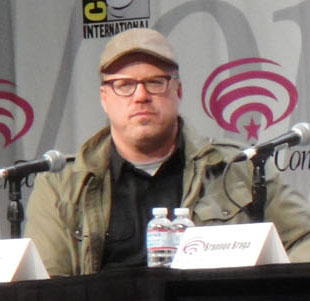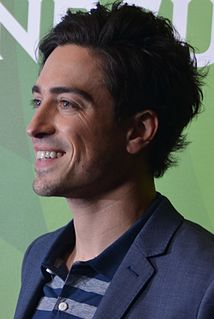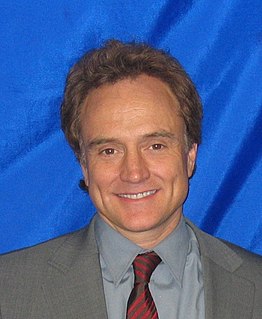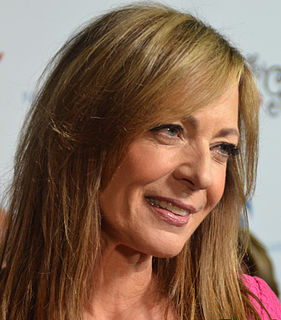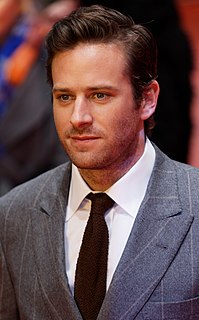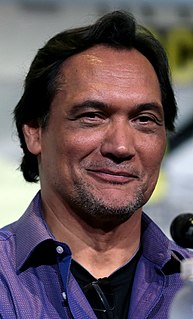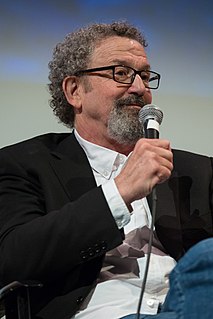A Quote by Lin-Manuel Miranda
'West Wing' was huge. Like 'Hamilton,' it pulls back the curtain on how decision-making happens at the highest level, or at least how you hope it would be. The amount of information Aaron Sorkin packs into a scene gave me this courage to trust the audience to keep up.
Related Quotes
I did not always agree, personally, on the positions that Bartlet, character from the West Wing, took and I argued against them on many occasions. But Aaron Sorkin said, "Martin, that's you, that's not Barlet. It's a very political decision he has to make." I found from the very beginning that when I infused my own personal feelings about an issue it went against the grain of the character.


